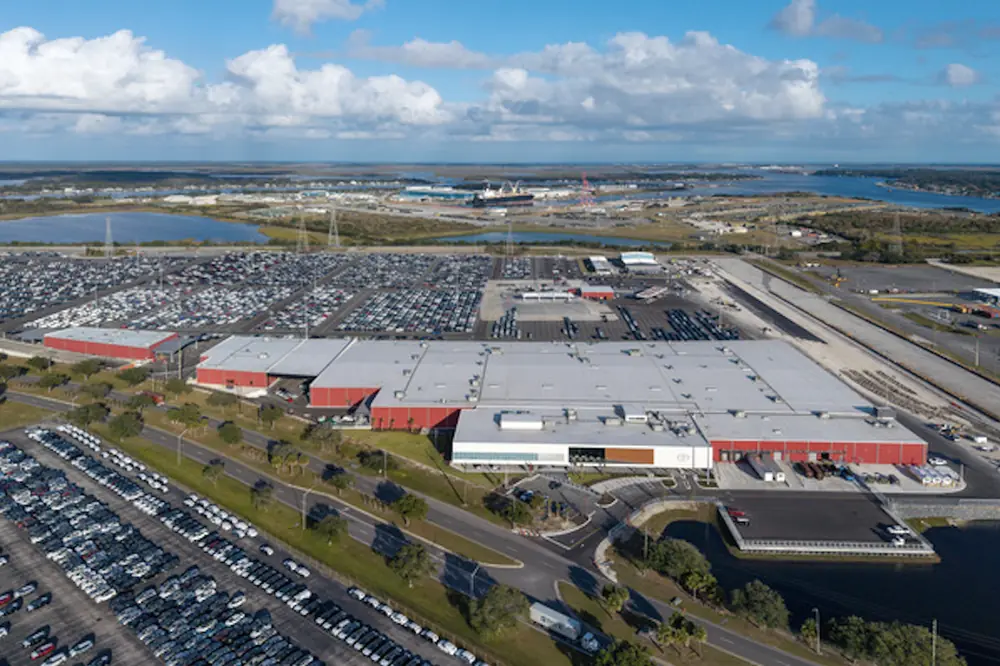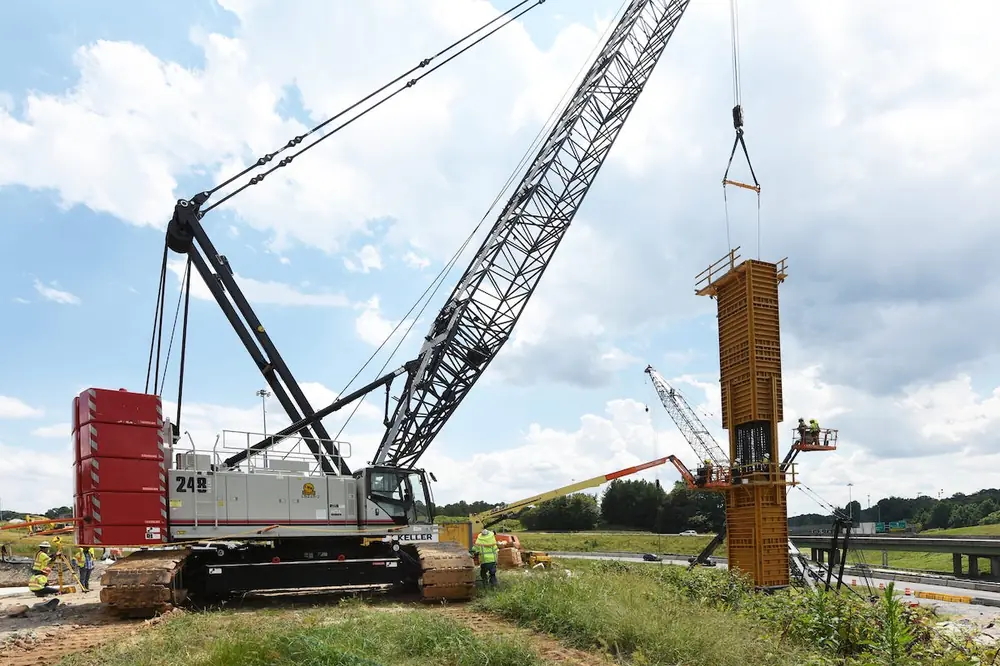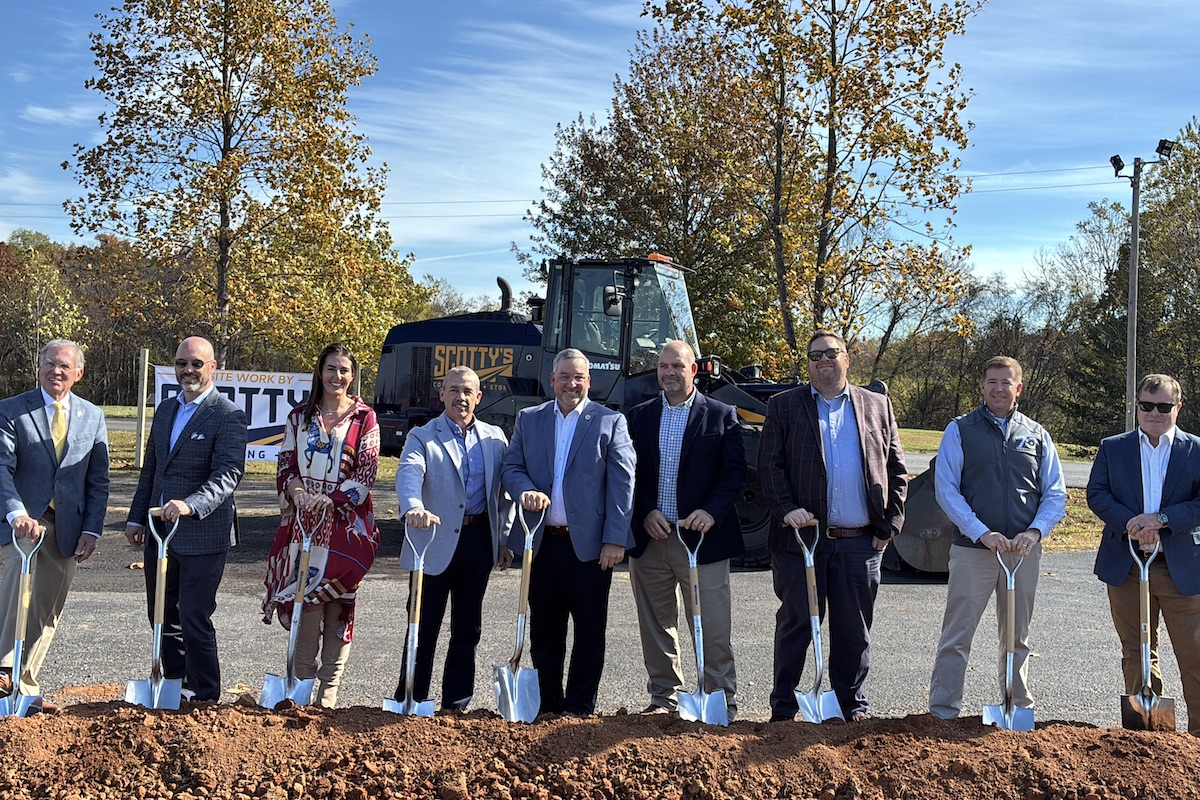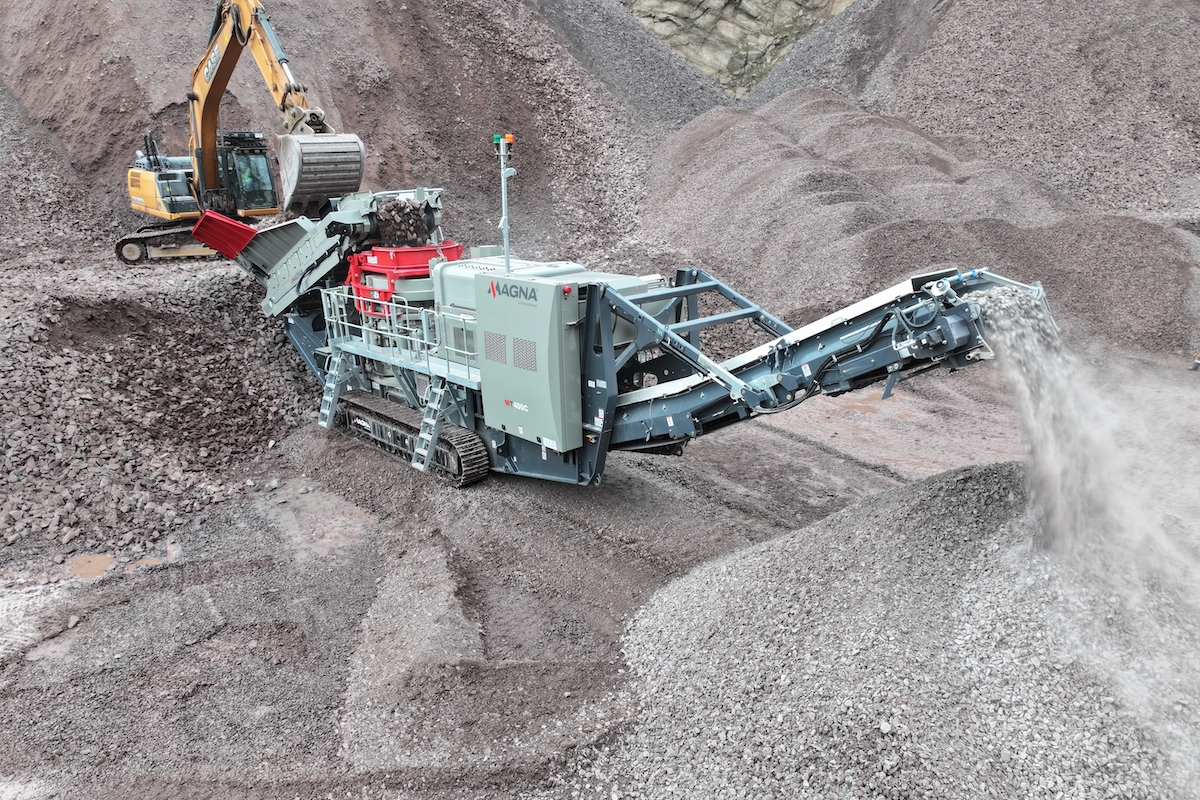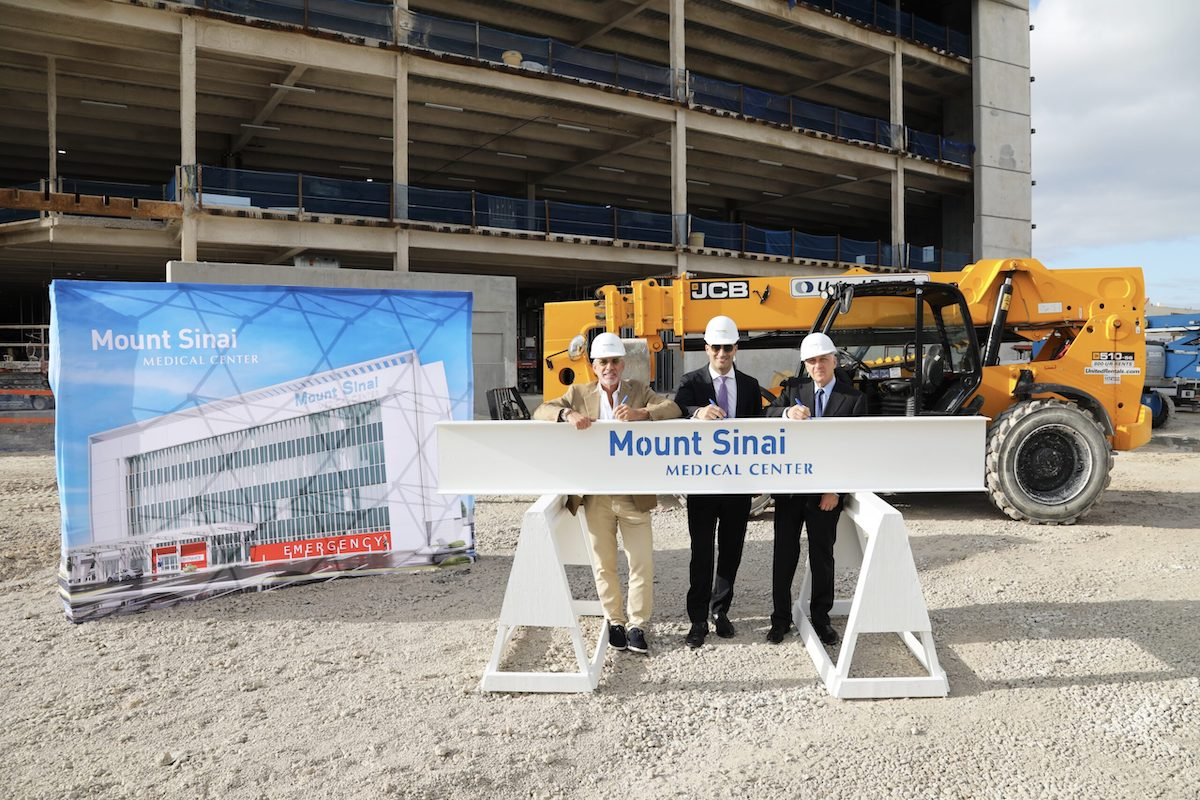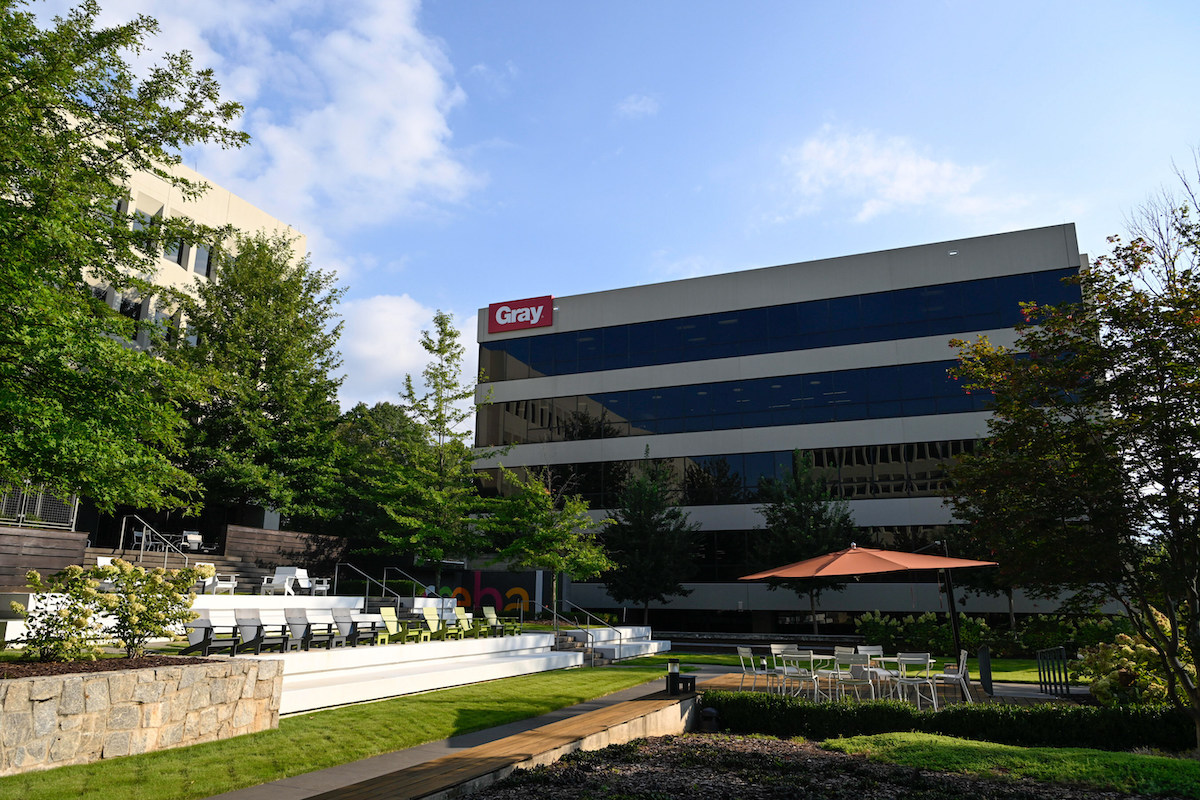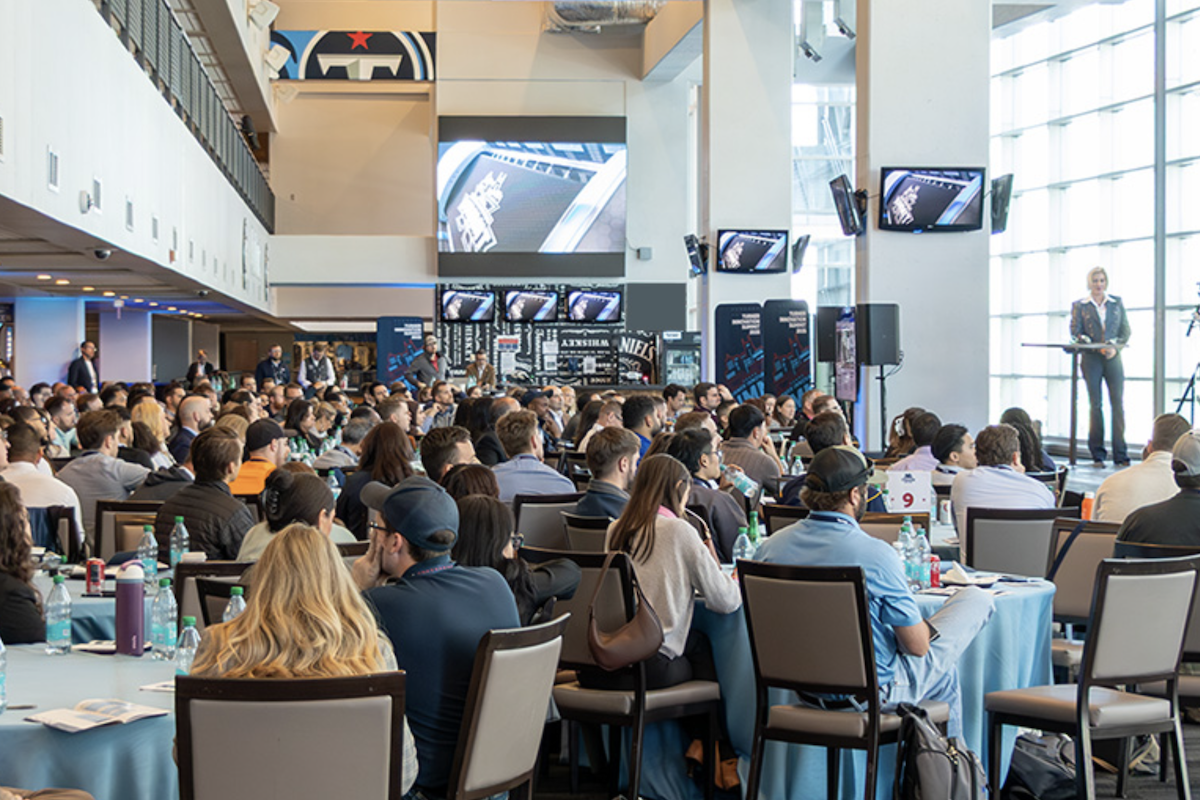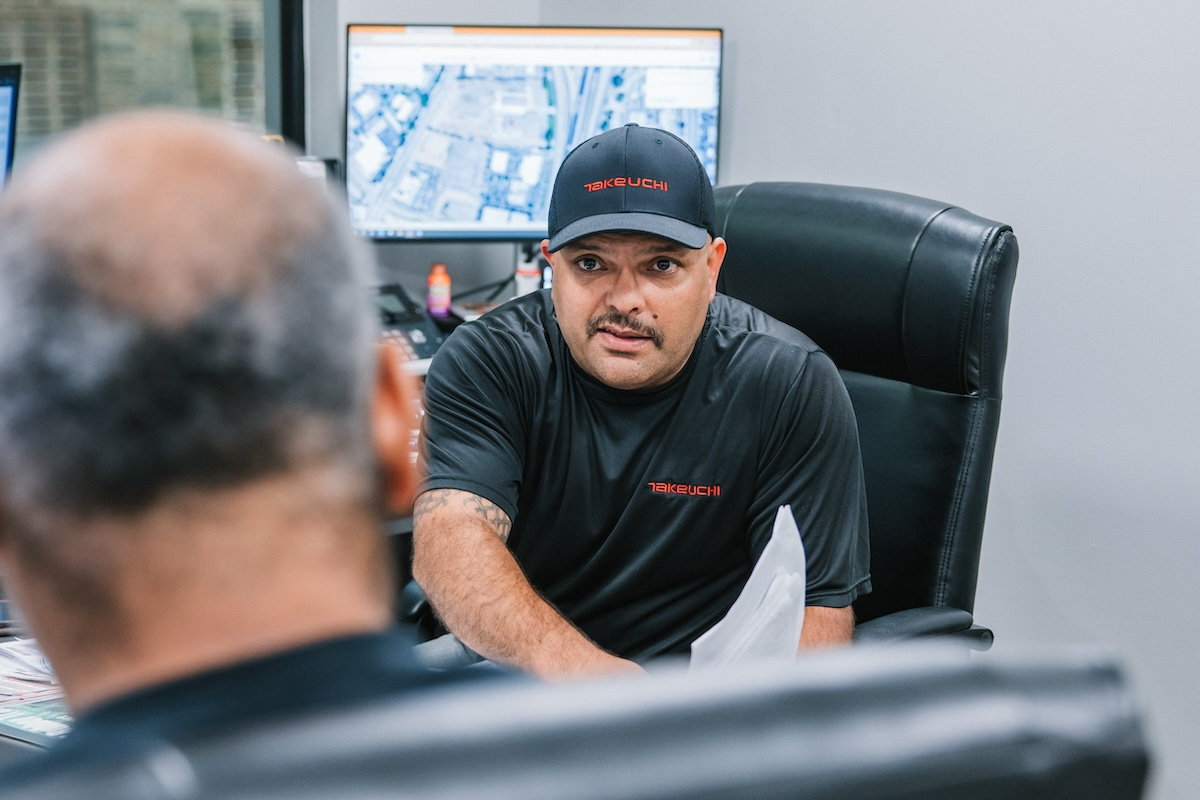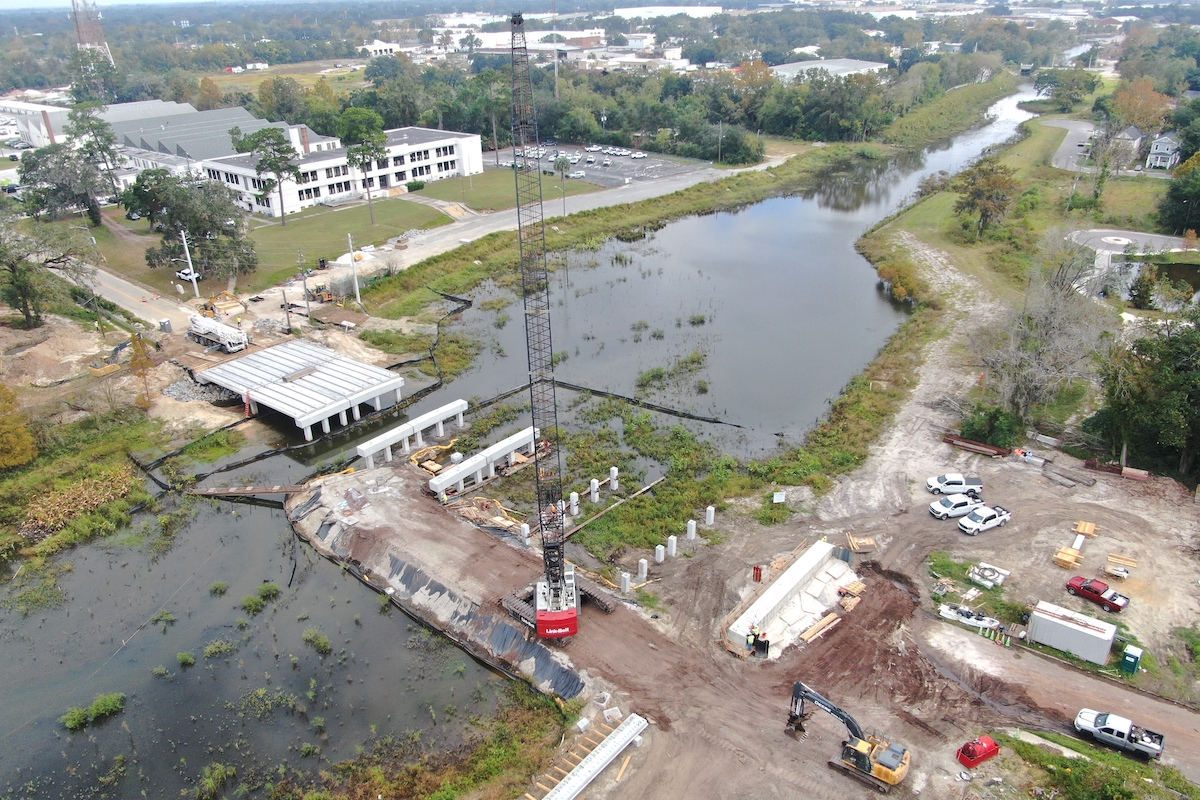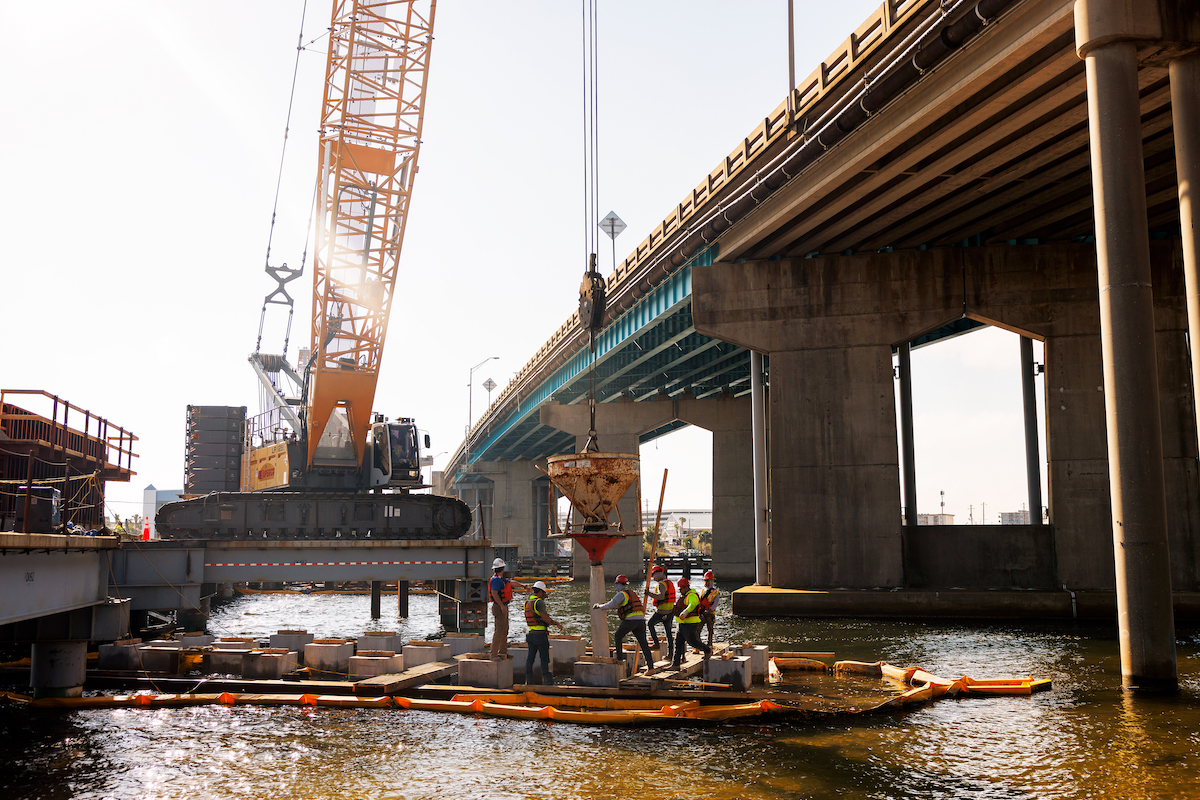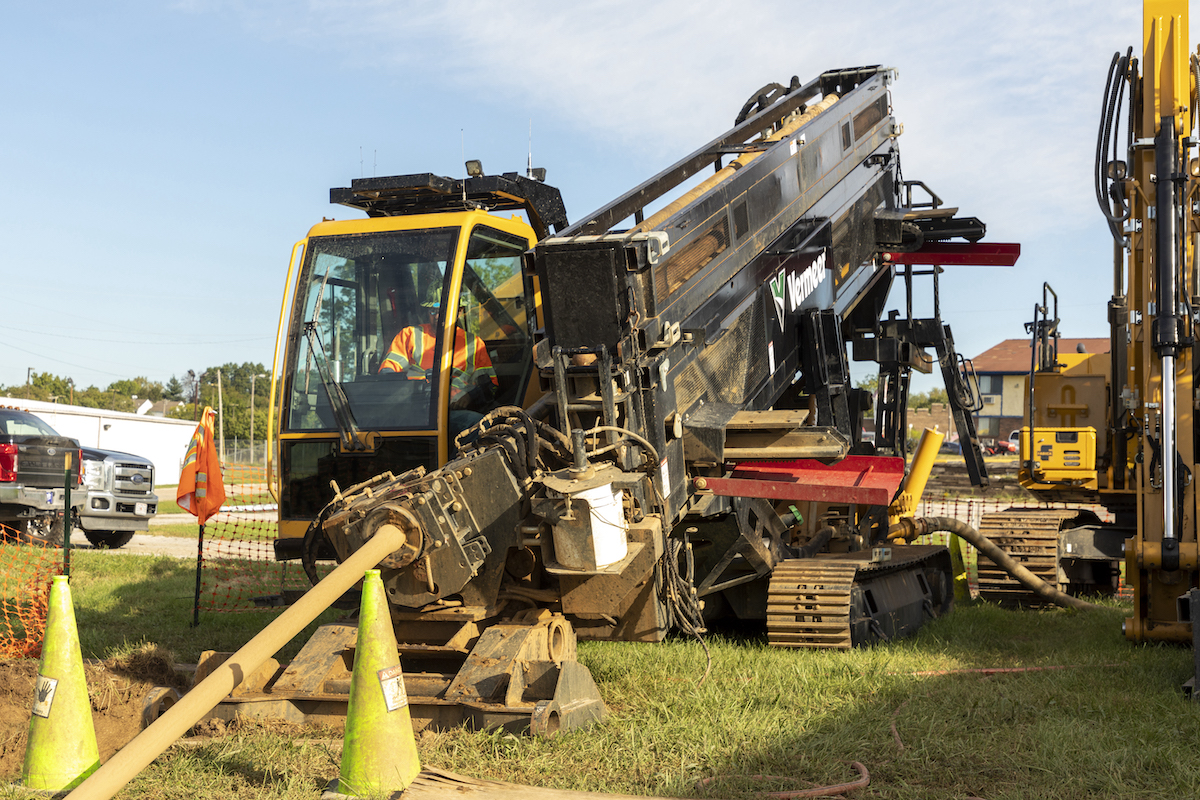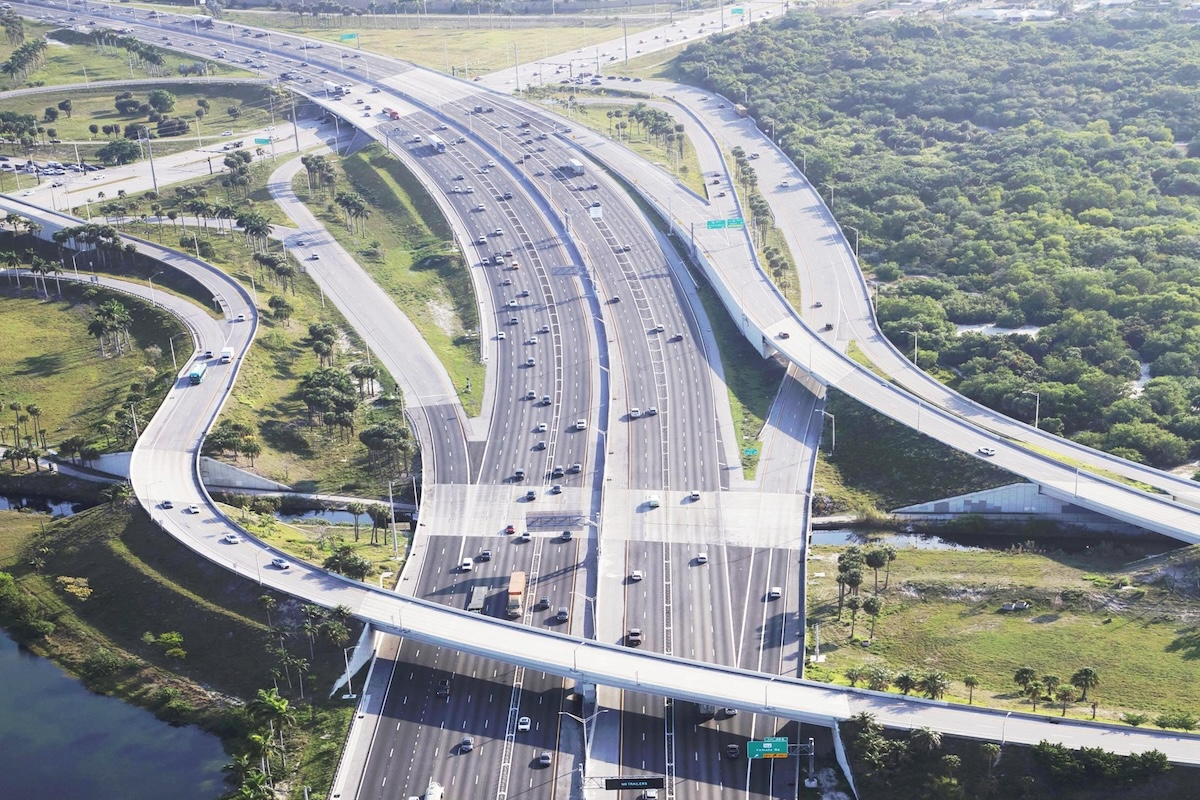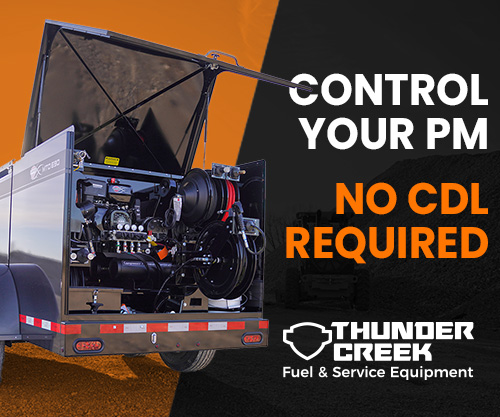As with all heavy equipment, it’s important to inspect and maintain your scissor and boom lifts to ensure they’re running efficiently and improving your productivity. It is important to inspect these machines at the start of every day, at shift changes and any time a new operator takes over the machine.
Inspection points will vary based on machine type, so refer to your machine’s operation and safety manuals to determine exactly what to check. That said, during the daily pre-start inspection, always check machines for any visible leakages (oil, fuel or battery fluid) or foreign objects. Keep an eye out for dents, weld or parent metal cracks or other damage. The machine’s decals and placards should be clean and legible.
A walkaround inspection of the machine is primarily a series of visual checks. The checkpoints in this inspection will vary slightly depending on the machine type (scissor or boom lift) and its powertrain (combustion or electric). For example, on the JLG 430LRT combustion-engine-powered scissor lift the daily walkaround inspection includes 24 different checkpoints, including the machine’s scissor arms, centering link, and sliding wear pads. Meanwhile, the JLG E450A electric-powered boom lift has 16 different daily checkpoints, including its boom sections, uprights, and the turntable that allows the boom to swing 360 degrees.
On boom lifts, the turntable bearing needs to be greased, but JLG has integrated greaseless bushings in most of the pins. In other words, they’re self-lubricating, so there is no maintenance required there – simply inspect them to see that everything is as it should be. That may not be true for other manufacturers’ machines, so be sure to check the machine’s manual.

| Your local Gomaco dealer |
|---|
| Ring Power Corporation |
| Ring Power Corporation |
After completing the walkaround inspection, check the machine’s battery, add fuel, if necessary (combustion engines only), and add water to the battery (electric models only). Checking an electric machine’s battery water level is critical. The cost of batteries is significant for electric-powered machines, so it is imperative that users take care of them.
Check hydraulic oil levels and ensure the hydraulic system is clean – this is the most important way to ensure the machine’s system stays in top working condition. Nearly all MEWPs have hydraulic systems, and keeping those systems as clean as possible is key for a longer, more productive machine life. Clean the area around the filter before they change the filter to avoid possibly contaminating the hydraulic system. And, always use the hydraulic oil type recommended by the machine’s manufacturer, keeping the reservoir clean and full.
Next, perform a function check of all systems in an area free of overhead and ground-level obstructions. Examine any accessories or attachments before operating the machine. This includes ensuring the machine’s platform gate latches properly and looking under the machine’s chassis to check for conditions like loose or missing parts that could cause extensive machine damage during operation.
Never operate a machine that displays issues during an inspection. Shut down the scissor or boom lift, red-tag it and arrange for repairs at the earliest opportunity.
The machine’s service manual should include a preventive maintenance schedule specific to each machine, including proper servicing and maintenance procedures for the machine’s various components. Increase inspection frequency if the machine’s working environment is harsh or you’re using it more frequently and for longer periods of time.

| Your local Komatsu America Corp dealer |
|---|
| Linder Industrial Machinery |
| Linder Industrial Machinery |
JLG – and most other aerial equipment manufacturers – recommend having your scissor and boom lifts inspected annually (at least every 13 months). At JLG, we recommend this task be performed by a factory-trained service technician with extensive knowledge of that manufacturer’s equipment.
When it comes to scissor and boom lift maintenance, don’t be “penny wise” and “dollar foolish.” Do the proper inspections and maintenance to keep the machine in perfect operating condition, and it will reward you with higher productivity, lower cost of ownership and higher value at resale.
If you take care of your machine, it will take care of you.
















